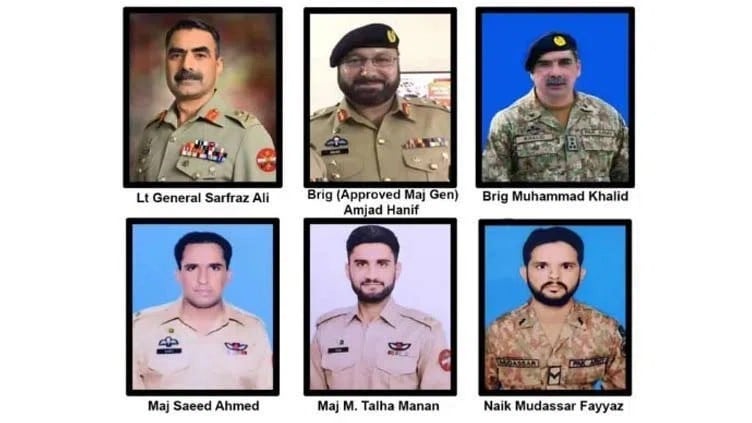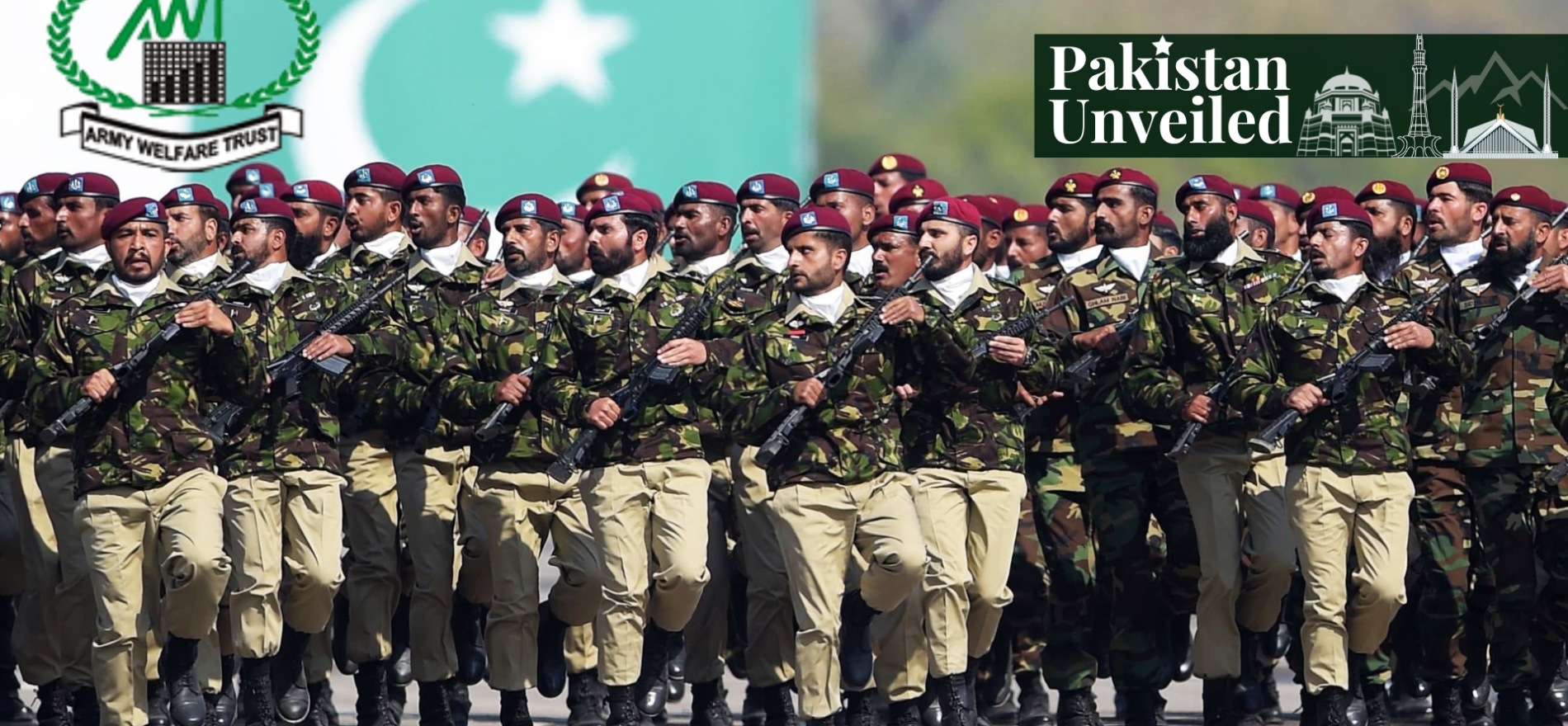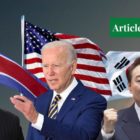Ms Palwasha Aftab is an IR graduate and has previously worked with the Eurasian Century Institute (ECI), an Islamabad-based think-tank, as a research associate.
Defence Day – 6 September
Nations, in the face of adversity, often emerge to be tougher and more resolute. The Pakistani defenders and civilians, in the same vein, proved their mettle of unswerving resilience when their hostile neighbor, India, on September 6, 1965, waged an unwarranted war against Pakistan.
During the 1965 war, Pakistan’s armed forces, galvanized by the unwavering support of its people, gallantly chased out India from its territory; seized the enemy’s territory four times more than the latter could bag in Pakistan and forced it to reach an armistice, which was subsequently followed by negotiations that resulted in both sides reaching a consensus on retreating from the territories of each other.
In the annals of history, September 6, marked as one of those glorious days, is when the defenders of Pakistan, notably the Pakistani soldiers, officers, pilots, and sailors, demonstrated to the world that they would not let the enemy undermine their territorial integrity even if it cost them their lives to thwart such a blatant act of aggression.
In general, September 6, in view of its historical significance for Pakistan, is celebrated every year to commemorate the overall ‘Ghazis’ and ‘Shuhada’ of our armed forces who, ever since the independence of Pakistan, have brought hope, glory, and pride to their homeland through their unmatched services.
Martyrs of the Armed Forces
The findings of the Pakistan Institute for Peace Studies have revealed how in the period spanning from January 2009 to December 2018 alone, Pakistan witnessed 3678 terrorist attacks by ethno-nationalist rebels, 8118 terrorist attacks by militants, 288 attacks on the Pak-Afghan border, and 534 attacks on the Pak-India border amongst other security emergencies.
Overall, these have resulted in the martyrdom of around 70,000 personnel of the armed forces and law enforcement agencies in their push to keep their nation safe and secure. These unrivalled sacrifices of the Pakistani forces have not just been limited to the security of their home, but the world leaders and the U.N. leadership have also lauded the services of the armed forces of Pakistan for the UN peacekeeping missions abroad.

For instance, since 1960, Pakistan has contributed more than 160,000 troops to over 41 missions across 23 countries, wherein 145 Pakistani soldiers including 23 officers have lost their lives, drawing respect and praise for these martyrs. Apart from performing conventional defense duties, Pakistan Army has also been on the front line in meeting the domestic challenges faced by its people and the government.

To name a few, its urgent and fearless rescue and relief operations at times of natural disasters have remained unprecedented. For instance, the unfortunate Lasbela helicopter crash which led to the martyrdom of six army officers on a mission of flood relief operations in Lasbela itself is a testament to how the Pakistan Army can go out of its way in alleviating the sufferings of its people at the hour of dire need.
Welfare Support for the Pakistan Army
While the servicemen of the Pakistan Army have never balked at sacrificing their lives for the welfare of their people, it still is worth mentioning how many of these martyrs with their passing leave behind their wives, children, and/or parents in dire financial straits as they once had been their sole breadwinners. It was in this regard that the ‘Army Welfare Trust’ (AWT), one of the many welfare support initiatives by the Pakistan Army, was set up in 1971.
The institution was premised on the vision of undertaking “profitable” and “risk-measured investments” that could be used to benefit the families of the martyrs and retired military personnel over the long run. Today, Army Welfare Trust’s risk-geared investment practices and sustainable growth have drawn respect from various public and private sector organizations, allowing the AWT to carve a niche for itself as an impressive market leader in the areas of its expertise.
Over the years, the Army Welfare Trust has emerged as a collaborative organization fostering partnerships with governments, private and public sector companies, customers, and communities across the country. To date, the Army Welfare Trust stands as a conglomerate worth Rs 30 billion, generating 28,000 opportunities for direct and indirect employment through a host of its companies. The Army Welfare Trust also contributes over Rs 1 billion to the national treasury.
It has created employment opportunities for both civilians and retired army personnel while playing a significant role in contributing to national efforts for relief and development. The AWT employs over fifteen thousand retired personnel of the Army on a rotation basis. It has also provided significant financial contributions in times of crisis such as the 2010 floods, 2005 earthquake, and post-2009 relief for internally displaced persons (IDPs).
If you want to submit your articles and/or research papers, please check the Submissions page.
The views and opinions expressed in this article/paper are the author’s own and do not necessarily reflect the editorial position of Paradigm Shift.



















